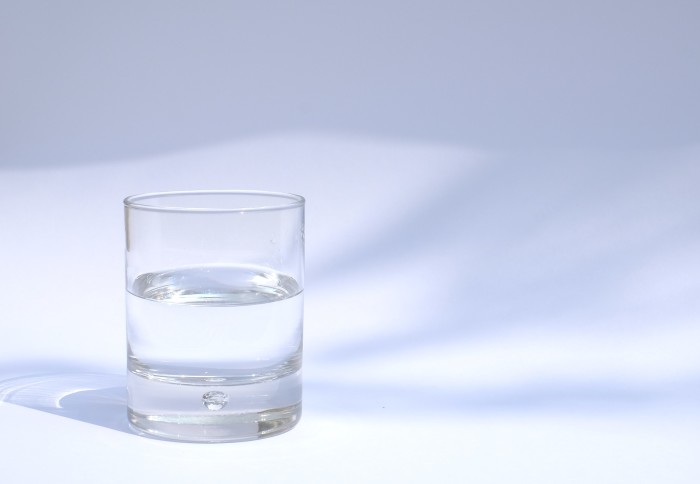New membrane offers a breakthrough for tackling global water scarcity issues
by Gemma Ralton

A new low-cost, efficient membrane could help to provide clean, safe and accessible water treatment across the globe.
Scientists from Imperial College London have designed a new membrane that is 15 times more efficient at filtering water than current industry equivalents.
In the study, published in Energy & Environmental Science, scientists from the Li Research Group in the Department of Chemical Engineering designed a new membrane that is more efficient, stronger and more cost-effective. Their work will help improve the financial feasibility of implementing membrane-based water filtration plants in parts of the globe in dire need of them.
The scarcity of clean drinking water and effective wastewater treatment are two of the most challenging issues presented to the global community today. Membrane filtration technology, particularly ultrafiltration which utilises membranes to filter out bacteria and viruses, could play a vital role in producing clean, safe water.
More efficient membranes
The most commonly used material for making ultrafiltration membranes for use in water treatment is polyvinylidene fluoride (PDVF) due to its excellent mechanical strength, high thermal and chemical resistance and its ability to withstand chlorine disinfection.
The efficiency of membranes is measured by permeance, which is defined as the volume of liquid that it can filter through a given membrane area under an applied pressure, in a set time.
The current industry standard PVDF membranes suffer from extremely low permeance and current efforts to improve it result in compromising the pore sizes, meaning the separation quality is not as good.
The new membranes address these issues, enhancing the permeance whilst keeping the pore sizes the same.
The high permeance of these novel membranes will considerably improve the technological and economic feasibility of many ultrafiltration processes including wastewater treatment and drinking water production.
A new method of membrane production
The membranes were created using a new membrane fabrication process called the Combined Crystallisation and Diffusion (CCD) which was developed by the team as part of this study.
"The new casting technique we have developed will allows us to manipulate the membrane structure and properties as desired, offering great flexibility to tailor the membrane properties for any given application.” Dr Vatsal Shah Department of Chemical Engineering
This new method, with an innovative dual casting technique, was used to produce the first of its kind high-performance ultrafiltration PVDF membranes. The dual casting technique involves simultaneous casting of two polymer solution layers during membrane preparation and therefore enables greater flexibility in allowing researchers to tailor the properties of the membrane for very specialised applications.
Lead author Dr Vatsal Shah said: “Our research opens up a new pathway to fabricate high performance membranes. The new casting technique we have developed will allows us to manipulate the membrane structure and properties as desired, offering great flexibility to tailor the membrane properties for any given application.”
“Currently, the membrane production is carried out as a batch process which limits the size of the membrane made in each batch. However, we are now working on trying to translate this process onto a continuous casting set-up such that several metres of membrane can be produced at once.”
These next steps will be crucial in helping ensure that the membranes can be produced on a larger-scale, for commercial use around the globe.
-
‘High-performance PVDF membranes prepared by the combined crystallisation and diffusion (CCD) method using a dual-casting technique: a breakthrough for water treatment applications’ by Shah et al., published on 23 August 2021 in Energy & Environmental Science.
Article text (excluding photos or graphics) © Imperial College London.
Photos and graphics subject to third party copyright used with permission or © Imperial College London.
Reporter
Gemma Ralton
Faculty of Engineering